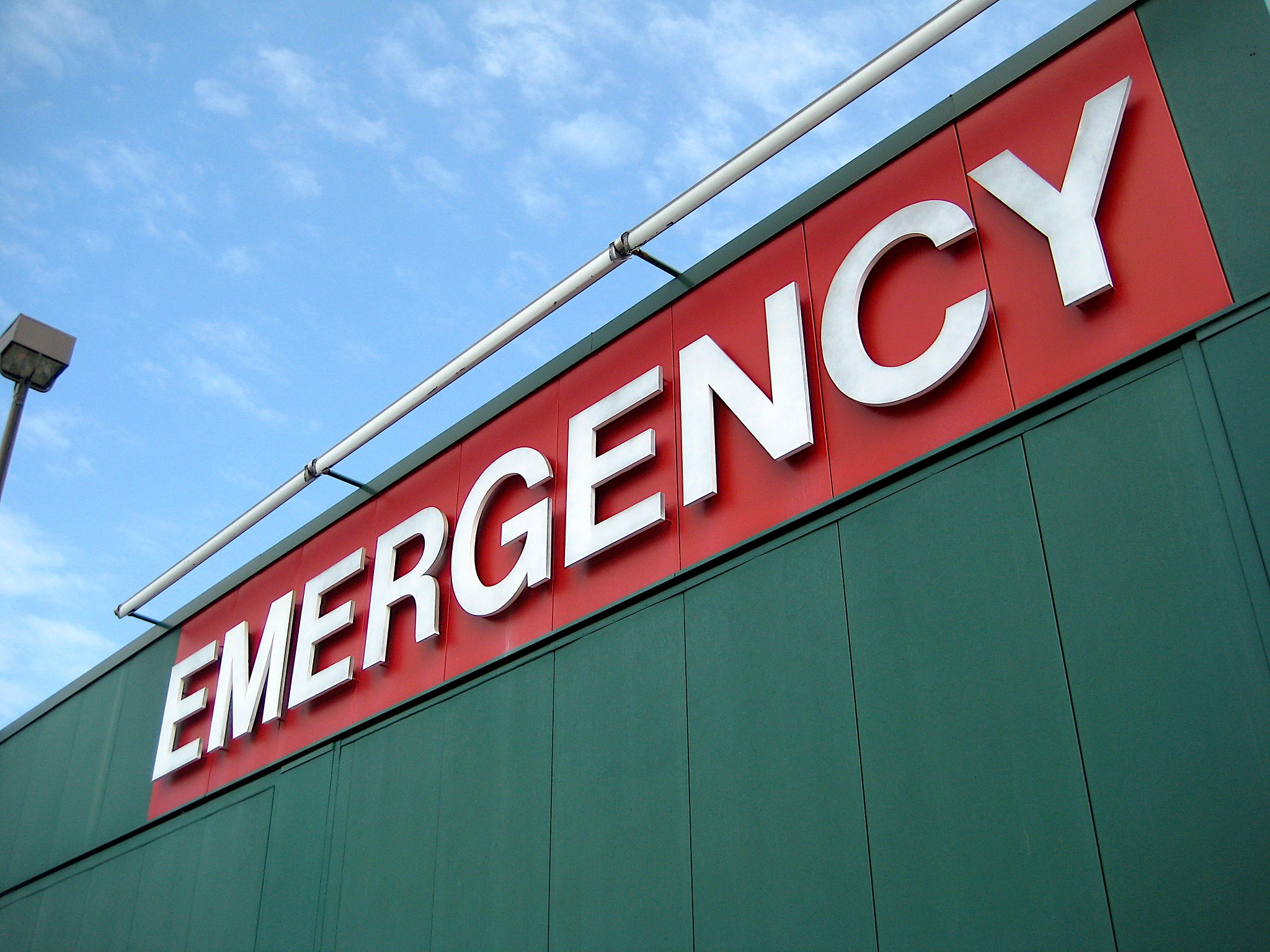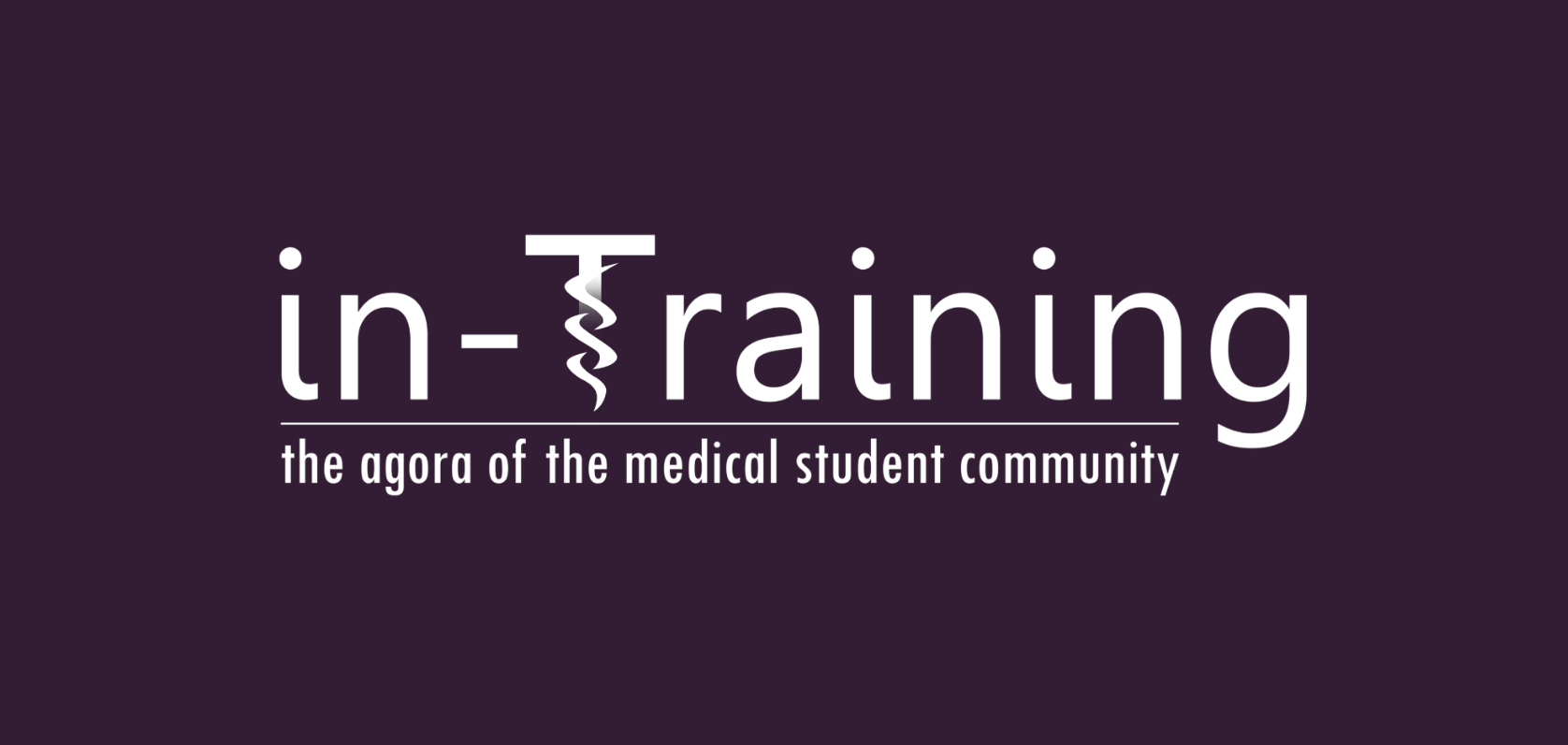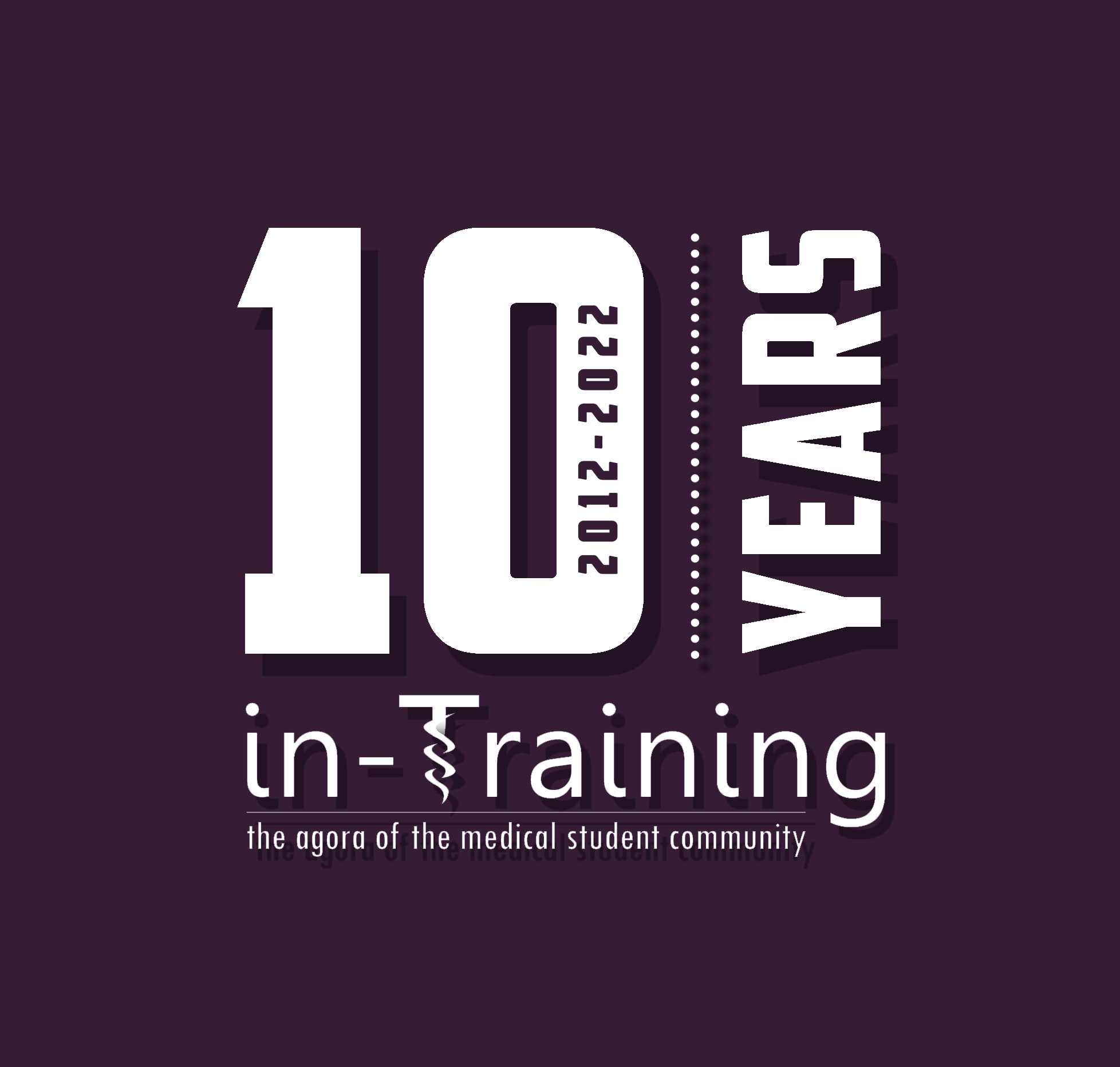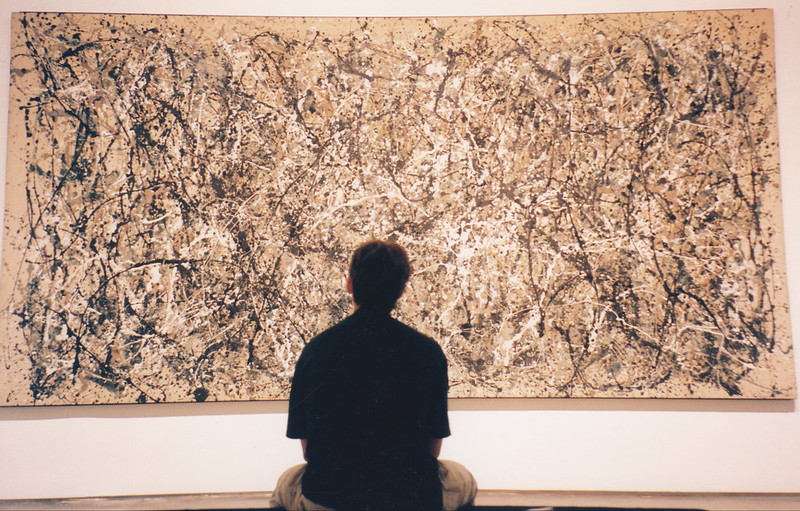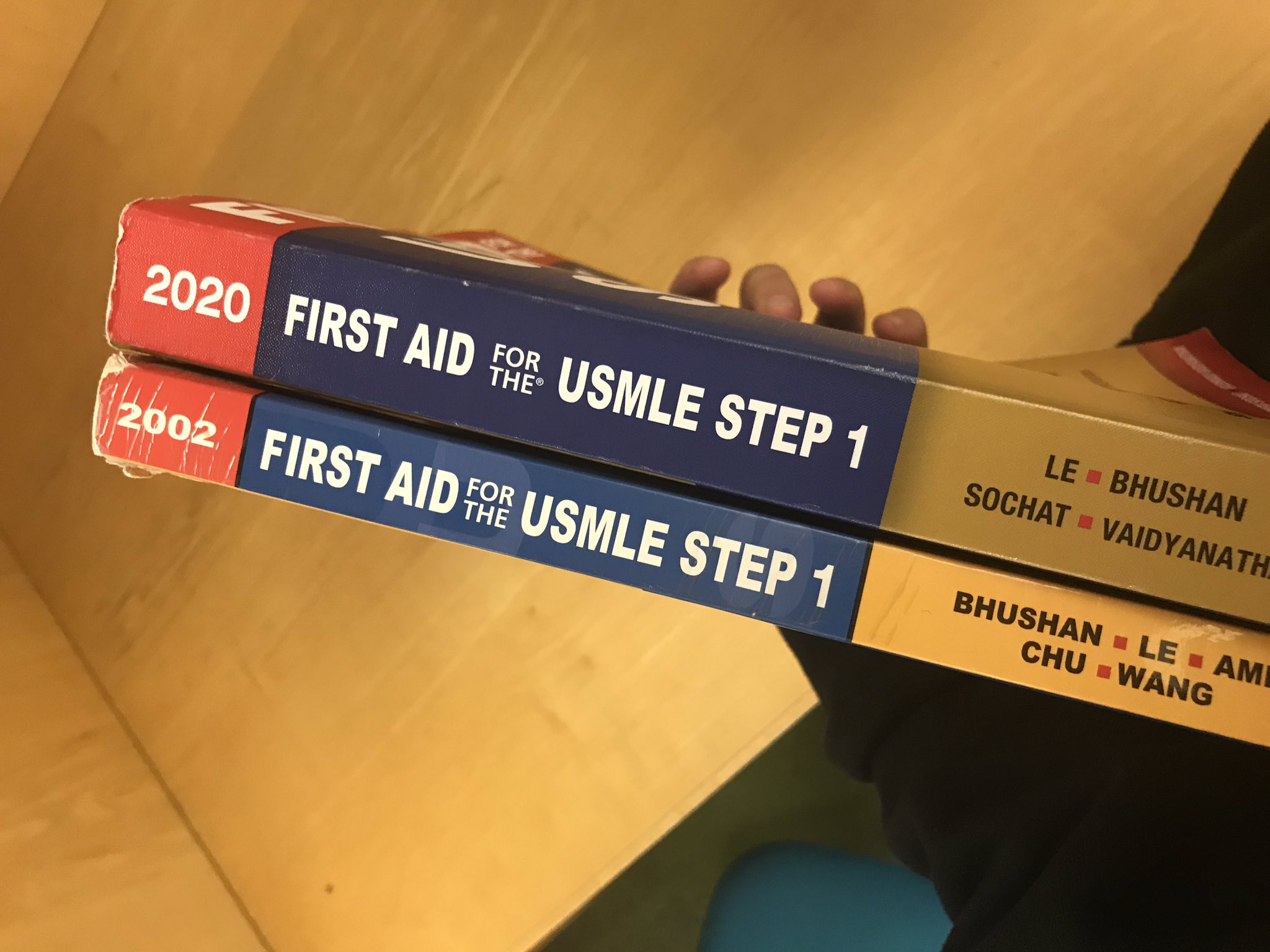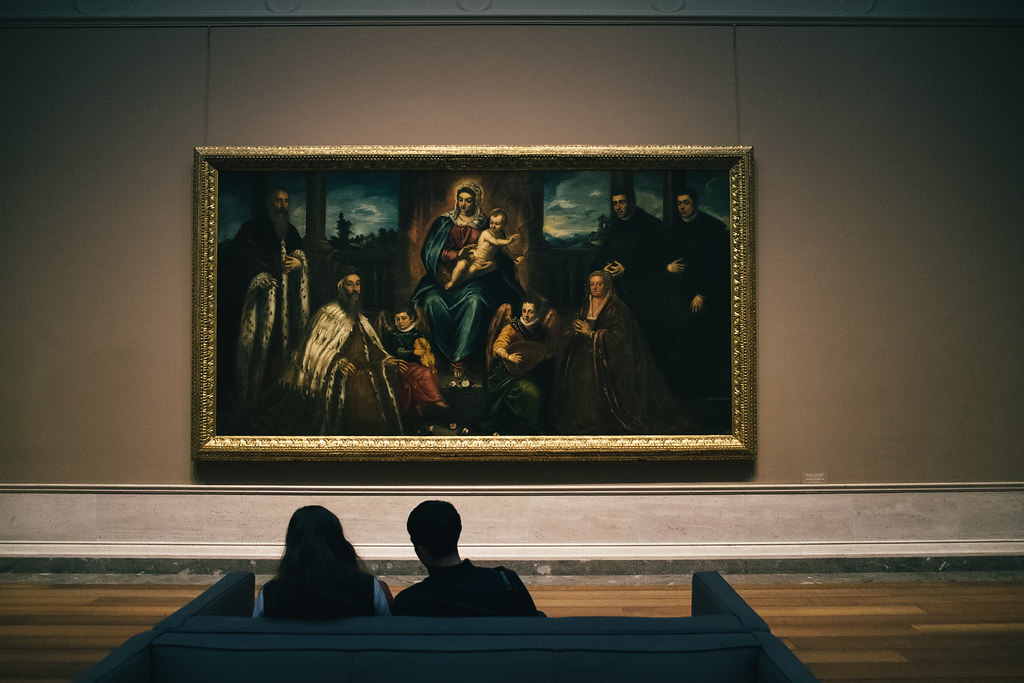A Harsh Reality
The transition from the classroom to the hospital was an incredible experience. After spending endless days behind a bright screen, I felt an overwhelming sense of excitement to finally apply my medical knowledge and delve into the world of patient care.

